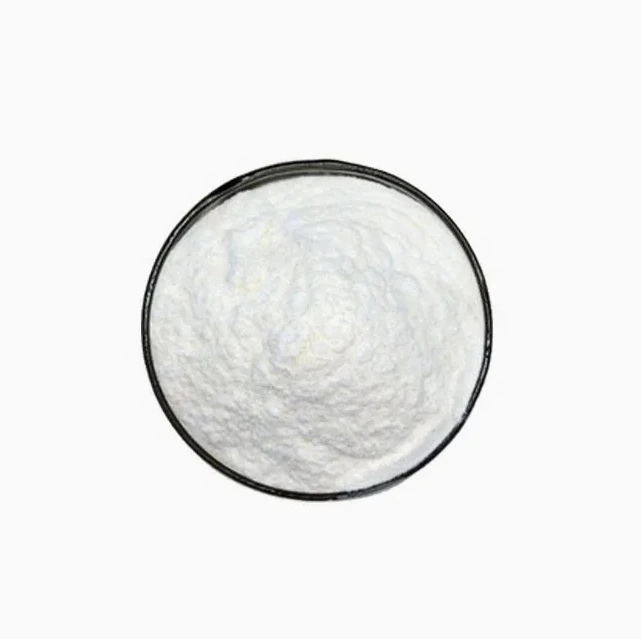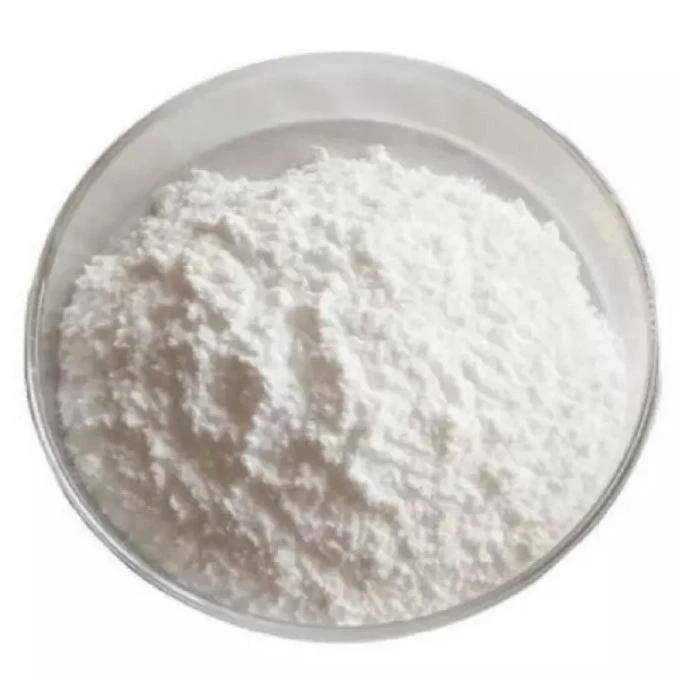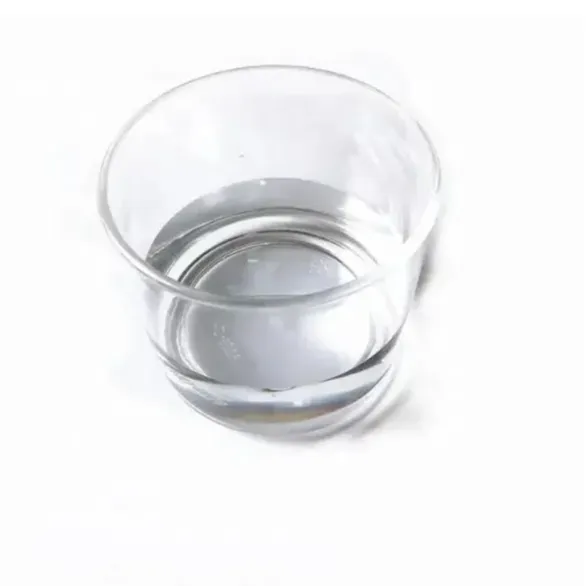Warning: Undefined array key "file" in /home/www/wwwroot/HTML/www.exportstart.com/wp-content/themes/1198/header.php on line 7
Warning: Undefined array key "title" in /home/www/wwwroot/HTML/www.exportstart.com/wp-content/themes/1198/header.php on line 7
Warning: Undefined array key "title" in /home/www/wwwroot/HTML/www.exportstart.com/wp-content/themes/1198/header.php on line 7
- Afrika
- Albania
- Amharic
- Arabic
- Armenian
- Azerbaijani
- Basque
- Belarusian
- Bengali
- Asụsụ Bosnia
- Bulgarian
- Catalan
- Cebuano
- China
- China (Taiwan)
- Corsican
- Asụsụ Croatia
- Czech
- Danish
- Dutch
- Bekee
- Esperanto
- Estonia
- Asụsụ Finnish
- French
- Onye Frisian
- Onye Galisi
- Asụsụ Georgian
- German
- Grik
- Gujarati
- Haitian Creole
- hausa
- Hawaian
- Hibru
- Mba
- Miao
- Asụsụ Hungarian
- Aislandi
- igbo
- Asụsụ Indonesian
- Irish
- Ịtali
- Japanese
- Asụsụ Javanị
- Kannada
- kazakh
- Khmer
- Onye Rwandan
- Korean
- Kurdish
- Kyrgyz
- TB
- Latịn
- Latvia
- Lithuania
- Luxembourgish
- Masedonia
- Malgashi
- Malay
- Malayalam
- Malta
- Maori
- Marathi
- Mongolian
- Myanmar
- Nepali
- Norwegian
- Norwegian
- Occitan
- Pashto
- Asụsụ Persia
- Polish
- Portuguese
- Punjabi
- Romanian
- Russian
- Samoan
- Scottish Gaelic
- Asụsụ Serbian
- Bekee
- Shona
- Sindhi
- Sinhala
- Slovak
- Slovenian
- Somali
- Spanish
- Asụsụ Sudan
- Swahili
- Swedish
- Tagalog
- Tajik
- Tamil
- Tatar
- Telugu
- Thai
- Turkish
- Turkmen
- onye Ukraine
- Urdu
- Uighur
- Uzbek
- Vietnamese
- Welsh
- Enyemaka
- Yiddish
- Yoruba
- Zulu
Citric Acid Anhydrous
Anhydrous citric acid is colorless translucent crystal or white fine powder crystal, odorless, with strong sour taste. Citric acid has obvious retarding effect on concrete, and the content in concrete is usually 0.03%~0.10%. When the dosage is 0.05%, the strength of 28d concrete is still improved, and the strength will be weakened by increasing the dosage. The addition of citric acid can slightly change the gas content of concrete and improve the frost resistance of concrete.
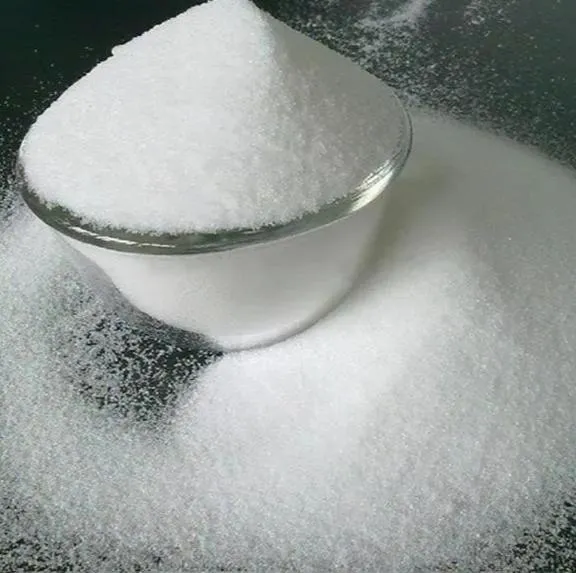


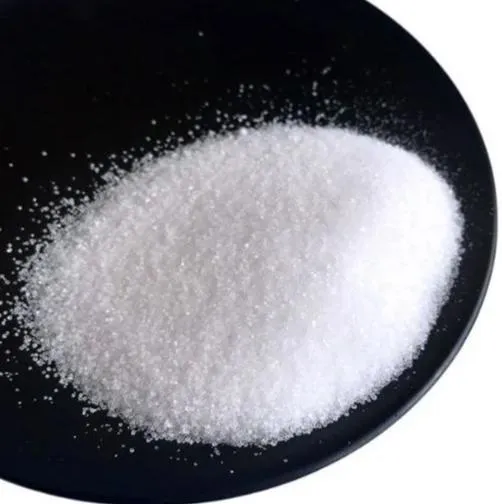
1, it has a retarding effect on concrete, delaying the initial and final solidification time of concrete;
2, It has a retarding effect on gypsum based products, delaying the initial and final solidification time of gypsum;
3, in the self-leveling mortar products, the combination of citric acid and casein has better retarding effect. ;
4, convenient summer concrete construction and long-distance transportation.
In terms of food additives, it is mainly used in refreshing beverages such as carbonated beverages, fruit juice beverages, and lactic acid beverages, and pickled products, and its demand varies with seasonal climate changes. Citric acid accounts for about 2/3 of the total consumption of sour agents. Adding citric acid to canned fruit can maintain or improve the flavor of the fruit, increase the acidity (reduce the pH value) of some fruits with low acidity when stored in cans, weaken the heat resistance of microorganisms and inhibit their growth, and prevent low acidity. Bacterial expansion and damage often occur in canned fruit. Adding citric acid to the candy as a sour agent is easy to harmonize with the fruity taste. The use of citric acid in gel food such as jam and jelly can effectively reduce the negative charge of pectin, so that the hydrogen bonds between pectin molecules can be gelled. When processing canned vegetables, some vegetables are alkaline, and using citric acid as a pH regulator can not only play a seasoning role, but also maintain its quality. Citric acid has the characteristics of chelation and pH adjustment, which can increase the performance of antioxidants, inhibit enzyme activity and prolong the shelf life of food in the processing of quick-frozen food.
Anyị nwere ọtụtụ ụlọ ọrụ dị elu nke nwere nkwado miri emi, nke nwere ike inye gị ngwaahịa dị elu na ọnụ ahịa asọmpi. Anyị nwekwara ike inye ego maka nnukwu ịzụrụ ihe. Anyị na-akwado ọtụtụ ụlọ ọrụ na-ebuga ibu ndị ọkachamara, nwere ike ịnapụta ngwaahịa n'enweghị nsogbu na aka gị. Oge nnyefe bụ ihe dịka ụbọchị 3-20 mgbe nkwenye nke ịkwụ ụgwọ gasịrị.
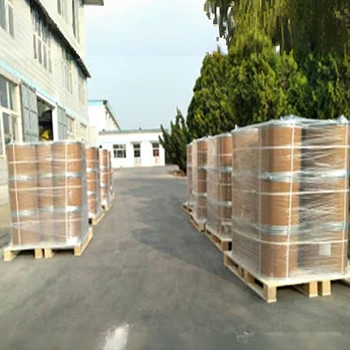
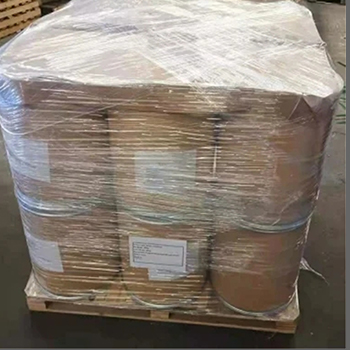
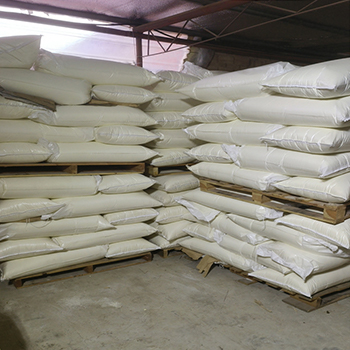

|
Testing Item |
Citric Acid Anhydrous |
Citric Acid Monohydrate |
|
Assay/% |
99.5~100.5 |
99.5~101.5 |
|
Water/% |
≤0.5 |
≤7.5~9 |
|
Sulphated Ash (Residue On Ignition)/% |
≤0.05 |
≤0.05 |
|
Sulphate/% |
≤0.01 |
≤0.015 |
|
Oxalate/% |
≤0.01 |
≤0.01 |
|
Calcium(Ca)/% |
≤0.02 |
≤0.02 |
|
Iron(Fe)/% |
≤0.0005 |
≤0.0005 |
|
Chloride(Cl)/% |
≤0.005 |
≤0.005 |
|
Readily Carbureted Substances/% |
K≤1.0 |
K≤1.0 |
|
Arsenic(As)/% |
≤0.0001 |
≤0.0001 |
|
Heavy metal(Pb)/% |
≤0.00005 |
≤0.00005 |
|
Note: Special requirements of particle size should be negotiated by both suppliers and customers |
||
Citric acid is the intermediate product of the plants of a natural composition and physiological metabolism, is also one of the organic acids widely used in the field of food, medicine, chemical industry. It is colorless transparent or translucent crystal,or granular, particle powder, odorless, although has strong sour, but a pleasant, slightly astringent taste. In the warm air gradually disintegrate, in the humid air, it is slight deliquescence.
1. Widely used in all kinds of drinks, soft drinks, wine, candy, snacks, biscuits, canned fruit juices, dairy products, also can be used as a cooking oil antioxidants. Anhydrous citric acid used in solid drinks a lot.
2. Citric Acid is a good rock mixture, Can be used for testing the acid resistance of ceramic tile of architectural pottery reagents.
3. Citric acid and sodium citrate buffer used for flue gas desulfurization.
4. Citric acid is a kind of fruit acid, can be used to accelerate the cutin renewal, commonly used in lotions, creams, shampoo, whitening, anti-aging products, acne products.
5. Citric acid is an important organic acid, containing citric acid monohydrate and anhydrous citric acid.Because of its mild and refreshing acidity.

1. Ị bụ ụlọ ọrụ mmepụta ihe ma ọ bụ ụlọ ọrụ ịzụ ahịa?
Anyị bụ ụlọ ọrụ na-ejikọta ụlọ ọrụ na ịzụ ahịa, na-enye ọrụ nkwụsịtụ.OEM nwere ike ịnakwere.
2. Ị na-enye samples? Ọ bụ n'efu ka ọ bụ mgbakwunye?
Free samples. The sample si ibu ego kwesịrị ịkwụ ụgwọ gị n'akụkụ.
3. Ị nwere asambodo ọ bụla metụtara njikwa mma?
ISO 9001: 2008 asambodo iji hụ na ịdị mma.
4. Kedu ihe m ga-enye ka m nweta nhota okwu?
Pls na-agwa anyị ụdị ngwaahịa nke ị chọrọ, iji ọnụ ọgụgụ, adreesị na ihe ndị a chọrọ. A ga-edepụta nkwupụta maka ntinye aka gị n'oge.
5. Kedu ụdị usoro ịkwụ ụgwọ na-amasị gị? Kedu ụdị usoro anabatara?
Usoro nnyefe anabatara: FOB, CFR, CIF, EXW;
Ego ịkwụ ụgwọ anabatara: USD;
Ụdị ịkwụ ụgwọ anabatara: T/T, Western Union; Paypal, ahia ahia.
Asụsụ Asụsụ: Bekee.
Ụdị ngwaahịa
-
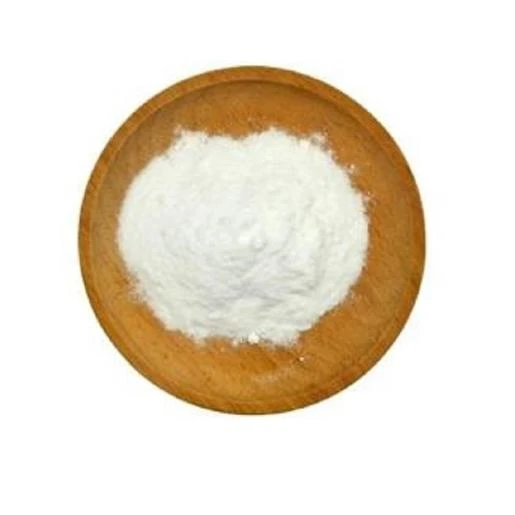 May . 13, 20252025 European Fine Chemicals Exhibition in GermanyThe much-anticipated Fine Chemicals Europe 2025 will be held in Germany from June 4 to 5, 2025. The event will bring together industry leaders, innovators and stakeholders in the fine chemicals sector, providing a unique platform for networking, collaboration and showcasing the latest advances in the field.
May . 13, 20252025 European Fine Chemicals Exhibition in GermanyThe much-anticipated Fine Chemicals Europe 2025 will be held in Germany from June 4 to 5, 2025. The event will bring together industry leaders, innovators and stakeholders in the fine chemicals sector, providing a unique platform for networking, collaboration and showcasing the latest advances in the field. -
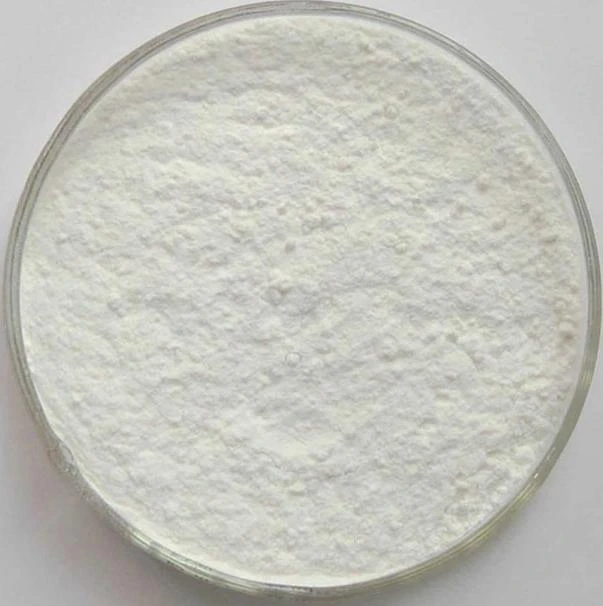 May . 07, 20252025 New York Cosmetics Ingredients ExhibitionThe much-anticipated 2025 Cosmetics Ingredients New York will be held at the Javits Center in New York from June 3 to 4, 2025. This event will bring together industry leaders, innovators and enthusiasts from all over the world to discuss the latest trends and advances in the field of cosmetic ingredients.
May . 07, 20252025 New York Cosmetics Ingredients ExhibitionThe much-anticipated 2025 Cosmetics Ingredients New York will be held at the Javits Center in New York from June 3 to 4, 2025. This event will bring together industry leaders, innovators and enthusiasts from all over the world to discuss the latest trends and advances in the field of cosmetic ingredients. -
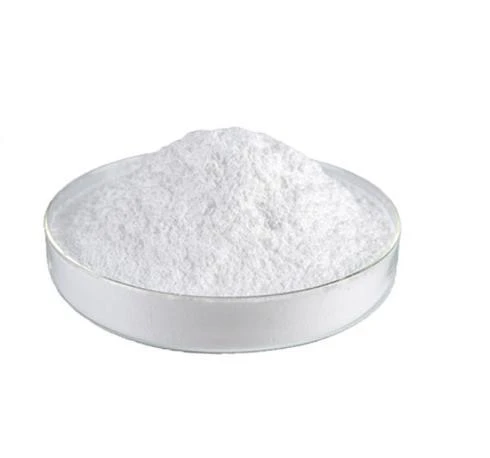 Apr . 27, 2025Zibo will host the 2025 International Chemical ExpoZibo, a city known for its thriving chemical industry, will host the 2025 Zibo International Chemical Expo from May 16 to May 18, 2025. This highly anticipated event aims to bring together industry leaders, innovators and stakeholders from around the world to explore the latest advancements and trends in the chemical industry.
Apr . 27, 2025Zibo will host the 2025 International Chemical ExpoZibo, a city known for its thriving chemical industry, will host the 2025 Zibo International Chemical Expo from May 16 to May 18, 2025. This highly anticipated event aims to bring together industry leaders, innovators and stakeholders from around the world to explore the latest advancements and trends in the chemical industry.











